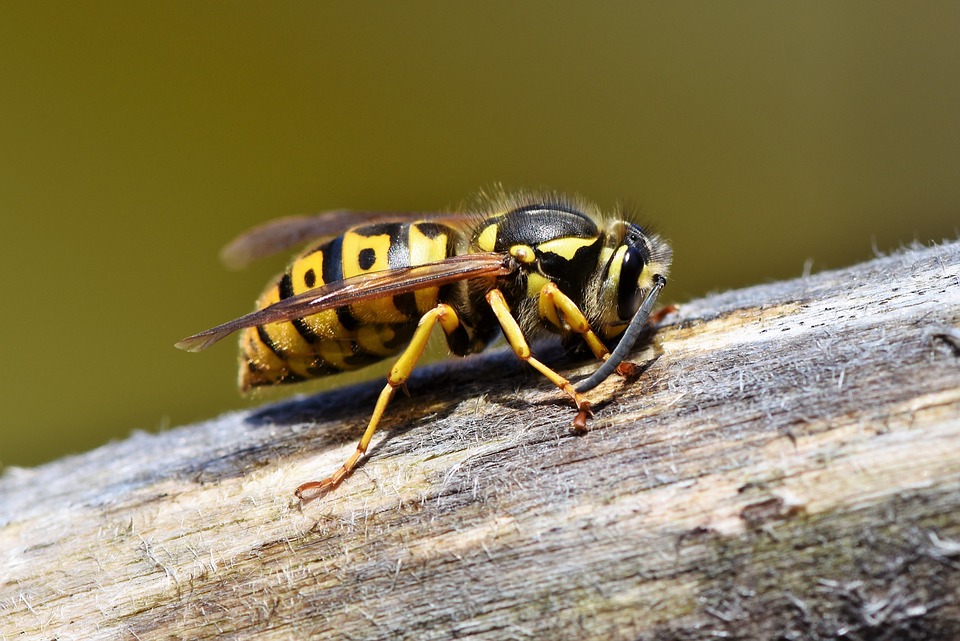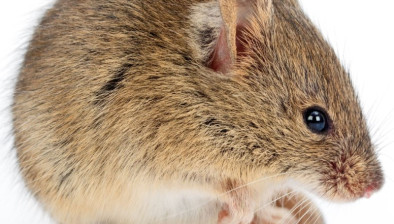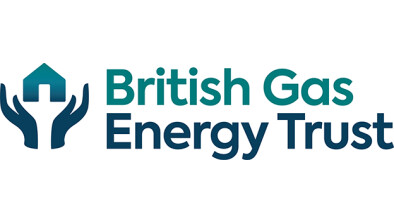Social housing professionals urged to put safety first in wasp season
Trade body the British Pest Control Association (BPCA) is flagging up safety issues surrounding wasps in social housing environments.

As the summer heat soars and staff and tenants embrace the outdoors, the BPCA expects to see a rise in wasp activity.
As a result, the Association is urging those with responsibility for social housing across the UK to be pest aware - and protect their people, tenants and premises - by taking a proactive approach, which puts safety at the heart of their operations.
Natalie Bungay, BPCA’s technical officer, said: “Social housing can be affected by a wasp outbreak, particularly people head outdoors into the grounds for the summer season.
“If snacks are eaten outdoors, then drinks and foods, as well as the natural environment, all provide an attractive place for wasps to thrive.
“If a property experiences a high level of wasp activity, then this can be distressing.
“This alone is unsettling for tenants, and if they get a sting, or worse still, receive multiple stings, then the presence of wasps can be seen as detrimental to public health.
“This particularly applies to children, elderly people, those with allergies and pets, who can be particularly sensitive to wasp stings.
“The matter becomes serious if a sting sends someone into anaphylaxis, a severe, potentially life-threatening allergic reaction.
“Even if someone has been stung by a wasp before and not had a severe reaction, it doesn’t mean that they cannot have a bad reaction if stung again.
“Wasps quickly get inebriated, and this is typically when you can expect them to be more aggressive and likely to sting.
“Towards late-August and going into September is the time when we can start to see drunken wasps, desperate for a sugar fix.
“This happens when the queen stops producing eggs, and the workforce has nothing to do other than look for fermented fruits and sugars.
“Our advice to social housing professionals is to encourage tenants to dispose of rubbish properly, especially food with high sugar content.
“It should be securely contained in a bag and disposed of in a clean container.”
The free ‘Worried About Wasps’ guide, at https://bpca.org.uk/wasps gives an overview of information including biology and behaviour, prevention and control.
Ms Bungay added: “If a property is troubled by wasps on the premises, it could point to the fact that a nest is nearby.
“It’s important to note that not every wasps’ nest needs destroying.
“For example, if it’s well away from a building or in a rarely used part of the property, where disturbance is unlikely, it might be best to leave it alone.
“However, when wasps are causing a nuisance or endangering human health, then steps may need to be taken.
“By appointing a pest management professional, social housing professionals can take steps to protect staff and tenants and minimise disruption to their day-to-day operations.
“They have the technical knowledge and access to a range of professional products which are not available to the public to tackle the issue effectively.
“They’ll have appropriate protective equipment, and professionals can work in an environment that focuses on safety, not just for themselves, but the people and environment around them.”







